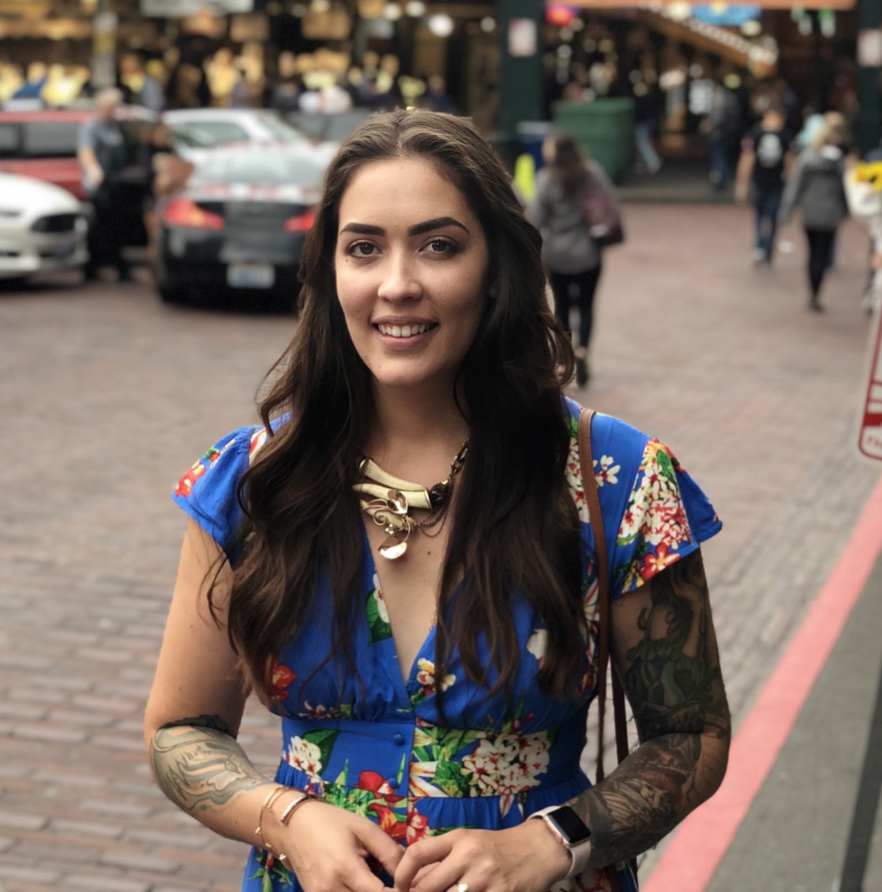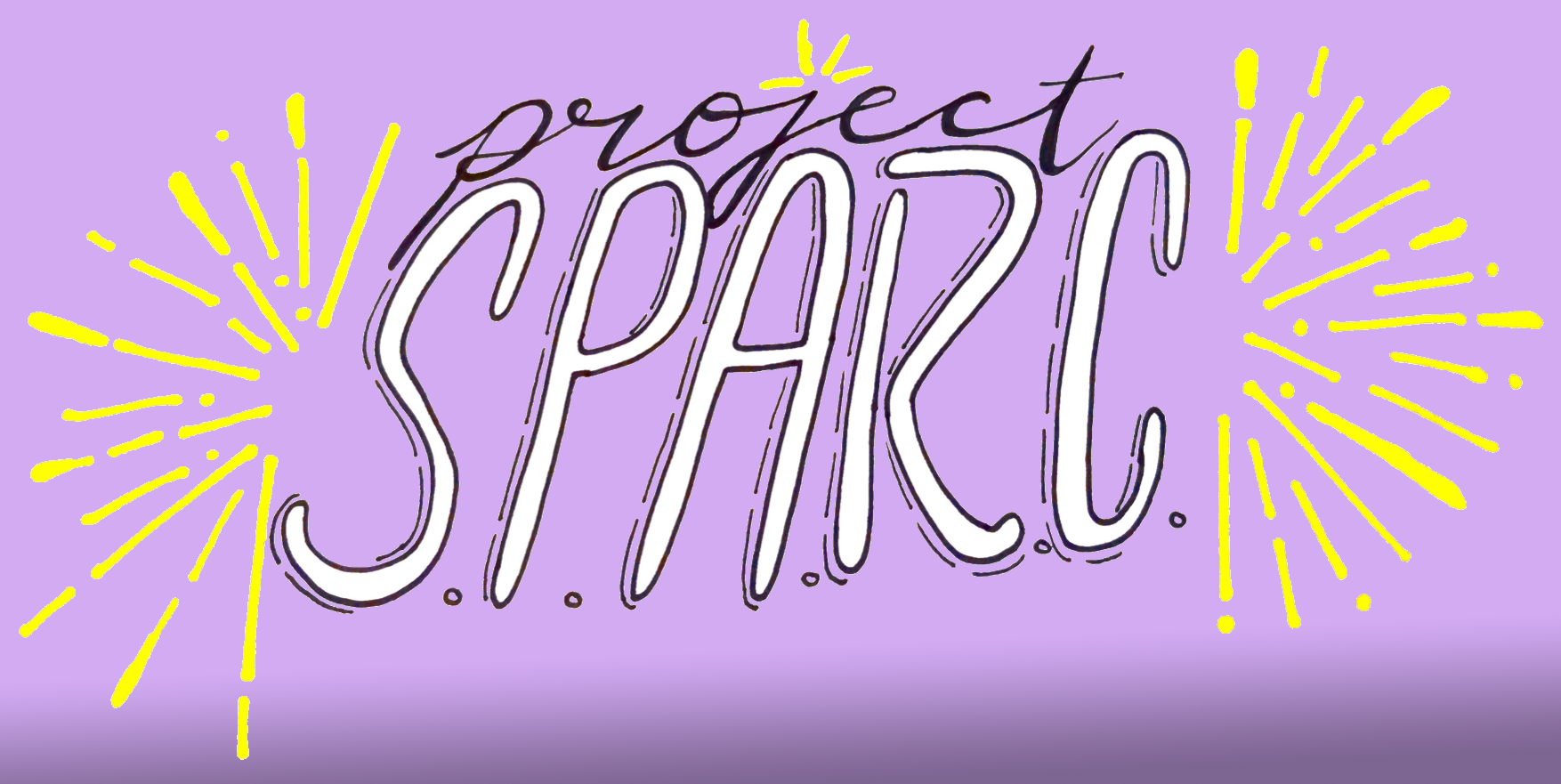
Written by Jessica Reinert
November 6, 2019
Before I started working on Project SPARC, I had no real experience interviewing, transcribing, or coding. I had no idea what any of it meant or how to go about doing it. Over the spring and summer, I began listening and transcribing hours and hours of conversations our team was having with emerging adults in Springfield.
While initially tedious, it quickly began to feel deeply personal – these were deep meaningful conversations.
I was learning about Springfield and the difficulties in adulthood, yes, but I was also learning about individual struggles that are sometimes unique to each person and sometimes a similar challenge or barrier can be found for multiple people in different situations.
Coding began over summer, and is a process in which you, the reader, highlight and describe key themes or points of interest in 1-2 words. So, for example, if a person is talking about experiencing a financial barrier in paying for college or having to work while in high school, you might highlight that and say, “Financials” with a brief explanation on why that stood out for you. A group of 4-5 of us did this for each of our 23 interviews; covering all points of interest from financials to first-generation college challenges, balancing home and work and school, struggles with family or school, perceptions of Springfield, battling with college or career track, handling familial expectations and personal goals, and more. We had dozens and dozens of themes. We learned a lot about what youth faced as they transitioned after high school, but what’s been the most impactful for me is the individual storytelling and struggle with identity, personal paths, and expectations.
So, I’m not from here. I’m from the South, but I’ve lived on the West Coast and in the MidWest. My decision to come to Massachusetts was exclusively for college. I’m a non-traditional age, first-generation student at Smith College – meaning I started college way later than the ‘expected’ age and my sister and I are the first to go to college in our family. We both started at unconventional times, battling with family pressure to be “more” than where we came from. But, I took my time enrolling in college because I didn’t know my path or who I wanted to be. Even now that can be a little unclear, and I’m nearly 30. At this age, you feel isolated in these concerns because so much of society figured all this out long ago (or at least, it feels that way). It’s hard to manage emotionally and mentally, but I was lucky – I came to Smith with a system of support and found mentorship here. Without them, I wouldn’t have stood a chance.
What was really fascinating to read and listen to was that this fear and trepidation surrounding transition into adulthood and “what’s next”, and finding path and purpose happens to so many of us at different times and sometimes, at multiple points. It can happen after high school, after college, when finding a career, when having a family… time and time again.
There’s an ongoing cry for systems of support; for connecting with others that have walked the same paths; for people to lend a hand when students and adults are in need. Sometimes that’s been found, but often, individuals are left feeling alone and their path changes because of it.
In this project, we talk a lot about “lifeguards.” High school, after school programs, and other systems of support can create these huge safety nets for youth. They provide structure, accountability, and give students someone to call when they need help – like a lifeguard when you’re at the beach. But after high school? Young people are pushed out into the ocean, alone without a boat or bouy, or the support they need to persevere. I think it really speaks a lot about what it means to be an adult in this age and society. It’s hard. What can we do to ensure that there is someone there, that there is a person, a program, a resource, a network, something to help that young person stay afloat while they figure it out?
As we continue to interact with the community in year two and build on our first year of research, I look forward to learning more about the experiences emerging adults in Springfield have, and work towards creating solutions that doesn’t leave so many feeling as though they have no one to turn to. This isn’t an issue one of us faces, it’s an issue all of us face. Transition happens time and time again and we all need a lending hand – it takes a village, right?
